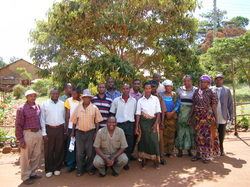 Mr. Kateri with the farmers' community group
Mr. Kateri with the farmers' community group KIHO carefully examined the project and proposed 2 main suggestions to make it as much relevant as possible to its core principles: 1) an integrated approach; 2) gender equality through women’s representation.
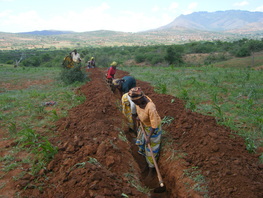
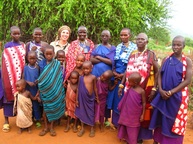
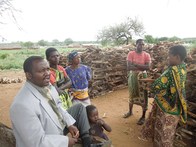
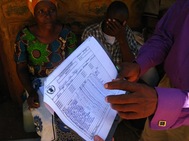
 RSS Feed
RSS Feed
